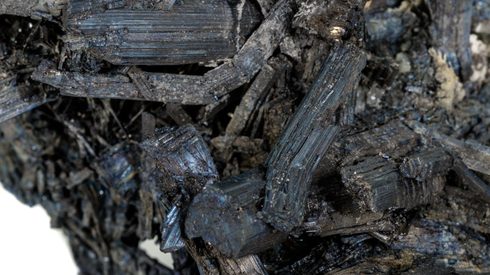There are five main suits, filed within a year of the cancellations on March 8, 2022, each claiming a breach of human rights.
The biggest financial claim, by Elliot Management Corp, is worth more than $456 million.
The next largest, from a group led by AQR Capital Management, is worth around $96 million, followed by a suit led by Jane Street for $15.34 million.
Investors led by Commodity Asset Management LLC are seeking more than $12 million in damages, while UK-based Double Eight is claiming more than $2.42 million, according to the LME’s owner, Hong Kong exchanges & Clearing (HKEX).
Elliot and Jane Street have been granted permission to proceed with their suits, which HKEX says are “without merit.”
The claims collectively total more than $581.76 million, an eye-watering amount of money for the LME, which generated $1.34 billion in revenue for HKEX last year.
Legal fees are mounting, contributing to a 12% rise in HKEX’s operating expenses last year, the company said in its 2022 results. Of course, if the LME wins, then it will be awarded costs, which are typically 60% of its expenses in any suit.
The defendants are separately alleging that, under Article 1 of the First Protocol of the European Convention on Human Rights (A1P1), the decision by the LME interfered with private contracts, or possessions.
What happened when the LME suspended nickel trading?
It’s not entirely difficult to understand the ire of market participants – after all, on March 7 and 8, LME nickel prices rose by a stunning 250%. The majority of the gains came in early London trading on March 8, when the price leapt above $100,000 per tonne, having closed at an already surprising $48,078 per tonne the prior day.
But the exchange maintains that its decision to suspend trading and cancel trades was taken because the nickel market had become disorderly.
“Cancellations were made retrospectively to take the market back to the last point in time at which the LME could be confident that the market was operating in an orderly manner. It should be stressed that the LME always acted in the interests of the market as a whole,” HKEX recently said.
Theoretical rights and wrongs of the arguments aside, the LME rulebook clearly states that, “where the exchange considers it appropriate, the exchange may cancel, vary or correct any agreed trade or contract.”
LME facing an enforcement investigation by FCA
Perhaps a bigger cloud hanging over the exchange is the fact that the LME is facing an enforcement investigation by its regulator, the Financial Conduct Authority (FCA).
Unlike the lawsuits, which had been widely expected following some very public commentary by the investor community about the nickel situation, the FCA enforcement investigation took the market by surprise. It is also likely to drag on for at least another year, probably longer.
None of it is helpful for the LME, which has been struggling to rebuild confidence in its nickel contract and has led to the exploration of alternatives.
For years, the LME has been targeting money managers – hedge funds, commodity trade advisory players, asset managers and pension funds – with the goal of increasing their use of the exchange.
Known as the Liquidity Roadmap, it was designed to boost participation and enhance liquidity, and it included the launch of market-making programs for the first time in the LME’s history.
Eight years on, and getting the speculative and investor-led community to fully embrace the LME is still proving a somewhat elusive goal.
In Hotter Commodities, special correspondent Andrea Hotter covers some of the biggest stories impacting the natural resources sector. Sign up today to receive Andrea’s content as it is published.






